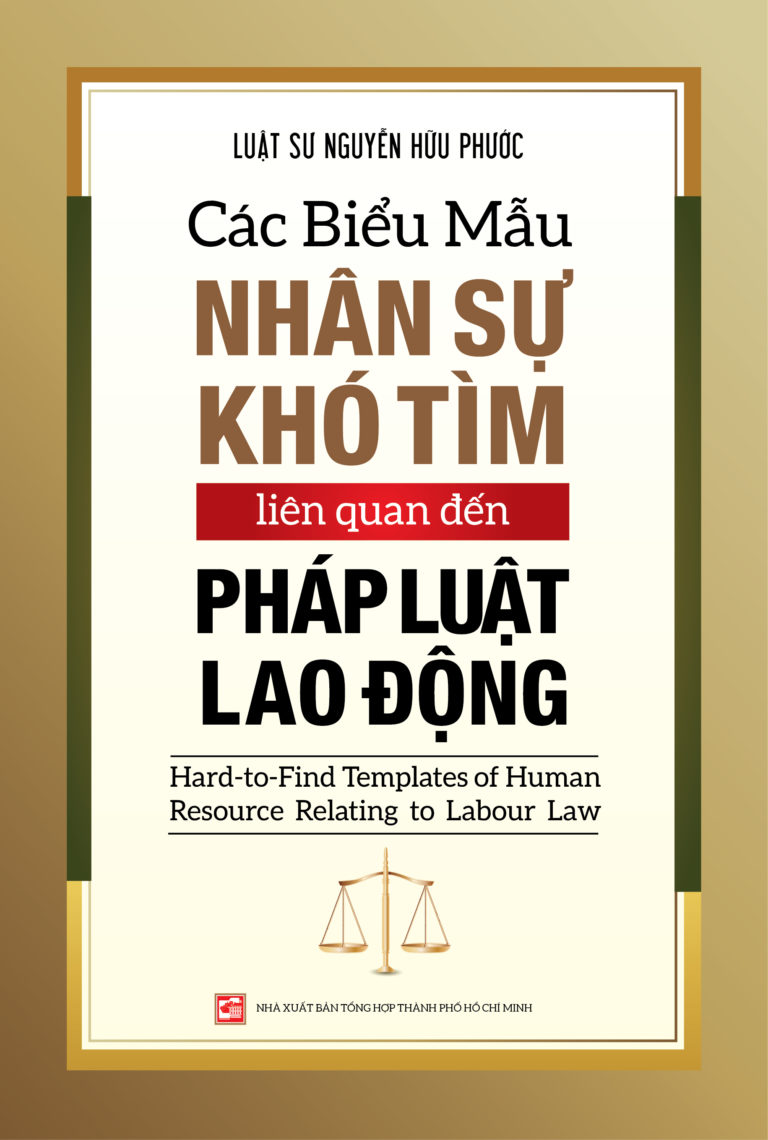Does the company breach the law by not providing Tet bonuses to its employees?
-
Does the company breach the law by not providing Tet bonuses to its employees?
Many people mistakenly believe that Tet bonuses are a mandatory obligation for companies. Nonetheless, there is currently no provision in labour law rules suggesting that companies are required to provide Tet bonuses to their employees. According to Article 104 of the Labour Code 2019, a bonus is an amount of money or property or other forms that the employer awards to the employee based on the production results, business performance, and the completion of the employee’s work. At the same time, the bonus regulations are decided and publicly announced by the employer at the workplace after consulting the opinions of employees’ representative organisations.
As a result, the employer has the right to decide and is not obligated to give Tet bonuses. The development of general bonus laws and Tet bonuses in particular will be decided by the employer based on the state of the company, production outcomes, and overall work completion. The employer also has the right to decide the terms and content of the bonus regulations and publicly announce them at the workplace after consulting the opinions of employee representative organisations. Tet bonuses may also take many different forms and do not always need to be in cash. Instead, the employer can use assets or award Tet bonuses in other suitable forms, considering the company’s culture and business performance. Therefore, giving Tet bonuses to employees is a welfare benefit that the company provides, going above and above what is required by law, rather than a mandate.
However, when deciding to issue bonus regulations or policies on Tet bonuses, the company must ensure compliance with the requirement to publicly announce these regulations or policies at the workplace before implementation. Failure to follow this procedure may expose the company to fines ranging from 10 million to 20 million VND, as stipulated in Article 17.1 (a) of Decree 12/2022/ND-CP.
Furthermore, if the company does not consult the opinions of employee representative organisations when formulating Tet bonus regulations, it may be fined from 10 million to 20 million VND, according to Article 17.1 (c) of Decree 12/2022/ND-CP.
In reality, Tet bonuses are not compulsory, but they are encouraged to enhance the working environment’s quality and improve employees’ quality of life. After a year of work, Tet bonuses are an expected welfare benefit, recognising employees’ efforts and commitment to the company.
-
Current application of the “Tet bonuses” mechanism
Although Tet bonuses are not required for companies, employers and employees must abide by the labour contract, collective labour agreement, or as provided in internal regulations. In some cases, employees may negotiate with employers regarding the Tet bonuses amount they wish to receive. However, this is more likely to occur when employees hold managerial positions or have a certain seniority in the profession. In practice, employers may impose several conditions on employees to qualify for this bonus.
The number of months a person has worked for their employer, their success on the job, or the output and financial outcomes of the company are some of the criteria under the bonus requirements. Additionally, the employee’s seniority, position, grade, and role within the company are essential factors for the employer to determine the salary and Tet bonuses for the employee. Therefore, there is no breach of the contract if the Tet bonuses are decided not to be paid to an employee who does not match the standards for getting a bonus. Alternatively, if the company has an agreement with the employee not to pay Tet bonuses in the case of company losses, this should also not be considered a violation of the contract. In these situations, the significance of a Tet bonuses agreement between the employer and employee has been emphasised.
To determine the conditions that employees must meet to receive Tet bonuses, it is necessary to rely on the bonus regulations, financial regulations, collective labour agreements, or other internal documents of the company, and the employment contract concluded between the employer and employee. Additionally, employers have the flexibility to determine how to implement and apply bonus regulations to inspire and motivate employees to produce well and advance the growth of the company. This bonus encourages employees to focus their efforts, raising the value of labour and advancing the economic endeavours of the company.
-
Can it be deemed a violation of law for the employer to refuse to award Tet bonuses to qualified employees?
As analysed above, Tet bonuses entirely depend on the company’s financial situation, and the employer has the discretion to decide. Therefore, if the employer does not award Tet bonuses to employees without an agreement, it is not contrary to legal regulations. Moreover, current legal provisions do not stipulate sanctions against employers in such cases.
However, the law respects the agreements and will of the parties involved. To ascertain whether Tet bonuses are an obligation of the employer or not, the parties must thus depend on records like as labour contracts, labour rules, collective labour agreements, or bonus regulations. If Tet bonuses are defined as a mandatory part that the employer and employee must comply with, then both sides must carry out their end of the bargain and respect one another’s rights.
The current legal regulations do not have clear penalties for companies that violate these provisions. If the employer fails to fulfil its commitments or agreements regarding Tet bonuses in internal company documents, labour contracts, or collective labour agreements, employees can file a complaint with the company’s management to demand payment. If the employer does not resolve the complaint or if the employee believes that the complaint resolution does not guarantee their rights, the employee can file a second complaint with the Chief Inspectorate of the Department of Labour, Invalids and Social Affairs where the company is headquartered to protect their legitimate rights.
Additionally, employees should respect agreements with employers and the company’s regulations regarding bonus or Tet bonus conditions. In case of disputes related to bonuses, employees should prioritise reconciliation and dialogue with employers to maintain a harmonious labour relationship.
If one of the parties violates the bonus agreement or the company’s regulations on bonuses, the other party may file a lawsuit in court to protect their legitimate rights. In a labour dispute over salary settled in the People’s Court of Binh Tan District, the court ruled that the employer must compensate the Tet bonuses to the employee because the collective labour agreement stipulated the Tet bonus conditions as the employee had worked for the employer for a full year. Therefore, if the employer violates the agreement and the employee takes the case to court, the documents signed by both parties, agreements, and internal documents of the employer will be crucial evidence for the court to examine and determine the employer’s responsibility.
In the current economic downturn affecting the business activities of many companies, Tet bonuses pose a significant financial burden for both employers and employees. To avoid conflicts and contradictions in the workplace, employers and employees need to engage in agreements to achieve a unified will and more stringent regulations in important documents such as labour contracts, labour regulations, collective labour agreements, and the company’s bonus regulations regarding Tet bonus conditions. At the same time, employers and employees need to adhere to the signed agreements, respect the rights and interests of each party to create a stable and harmonious working environment.
Above is an overview of the company not giving Tet bonuses to employees, is it a violation of the law? that Phuoc & Partners shares with readers. If you have any difficulties related to the legal field, please contact us. Phuoc & Partners is a professional consulting firm established in Vietnam and currently has nearly 100 members working in three offices in Ho Chi Minh City, Hanoi and Danang. Phuoc & Partners is also rated as one of the leading consulting firms specializing in business law in Vietnam that has leading practice areas in the legal market such as Labour and Employment, Taxation, Merger and acquisition, Litigation. We are confident in providing customers with optimal and effective service.










